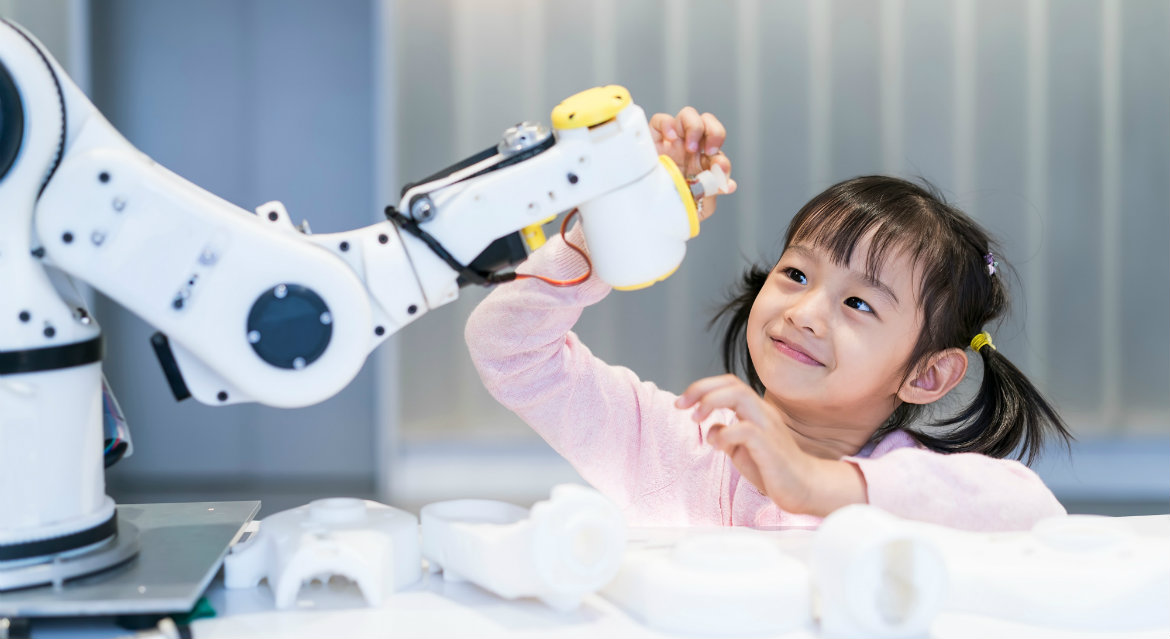Changing the relationship between disability and technology
Published On Fri 29 Mar 2019 by Grant Hill

The University of Dundee is one of the international partners in a major new research project examining how technologists can learn from people with disabilities – and support them in the future.
Led by the University of Leeds, Imagining Technologies for Disability Futures will bring together expertise in arts and humanities, design, engineering and robotics to increase understanding of how disability is currently represented, and ways in which technology can enhance lives in years to come.
Funded with a flagship Wellcome Trust Collaborative Award in Humanities and Social Sciences, the £1.5 million, five-year project will begin in January 2020. A variety of disability groups across the UK will be closely involved in shaping the project, which also includes researchers from the universities of Sheffield and Exeter and international partners in the US, Japan and Sweden.
For the Dundee component of the project, Dr Graham Pullin, a researcher in disability-led design at Duncan of Jordanstone College of Art & Design, will lead a team exploring alternative futures for assistive communication technologies.
They will draw on cultural imaginings as well as lived experiences to build, exhibit and share early prototypes, the role of which will be to provoke reflection and debate about assistive technology and disability design.
Dr Pullin said, “We will be challenging the assumption that future augmented communication will inevitably 'disappear' into people's bodies. The futures we will prototype will be neither utopian nor dystopian, but as 'everyday' as we can make them.
“There are also issues around disability identity that we would like to explore with our disabled mentors and their conversational partners.”
Principal Investigator Professor Stuart Murray, Director of Leeds’ Centre for Medical Humanities, said, “From care and companionship robots to sophisticated assistive speech technology systems, well-designed technology that fully takes account of users’ needs can be a great force for positive change.
“This is a unique project, bringing together researchers across the world from very different backgrounds. Our aim is to better understand how disability and technology interact and how that interaction could develop in the future, with an ever-increasing rate of technological change.”
“Our research will not only produce new ideas about how disability is seen in a world where artificial intelligence and robotics will affect how we all live, it will also create new technologies that can be used by people with disabilities today.”
Project partners will also make films, design exhibitions, participate in arts festivals and showcase their work at technology fairs in the UK and abroad.
Academic expertise will include literary and cultural studies, medical humanities and philosophy, disability design, production engineering and robotics.
For media enquiries contact:
Grant Hill
Press Officer
University of Dundee
Nethergate, Dundee, DD1 4HN
Tel: +44 (0)1382 384768
Mobile: 07854 953277
Email: g.hill@dundee.ac.uk